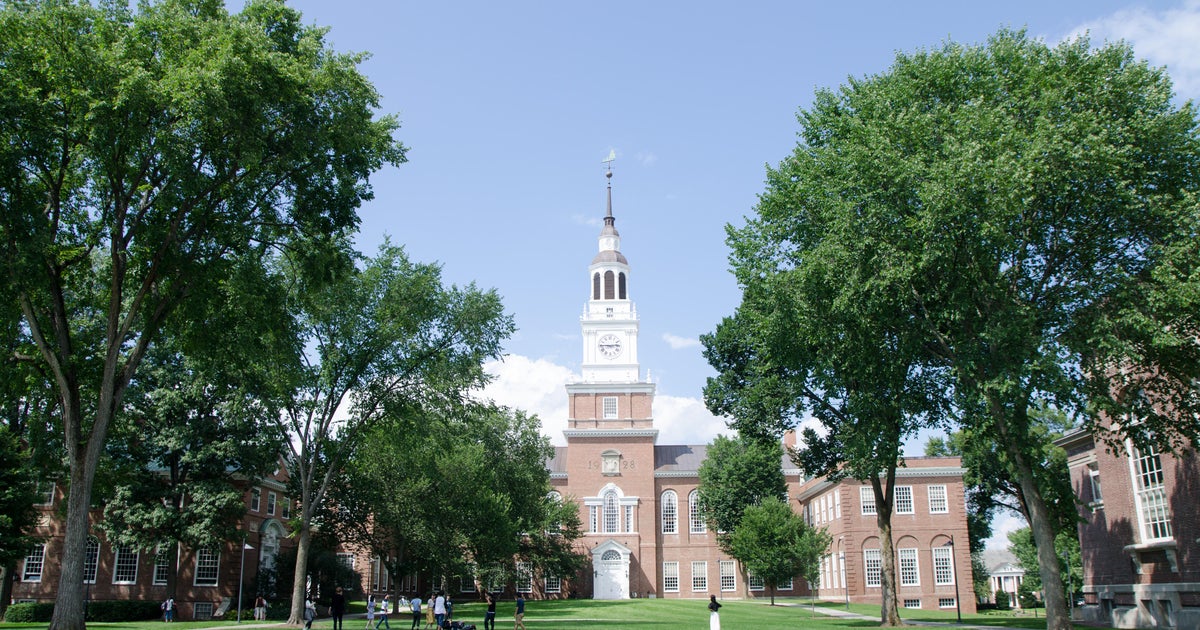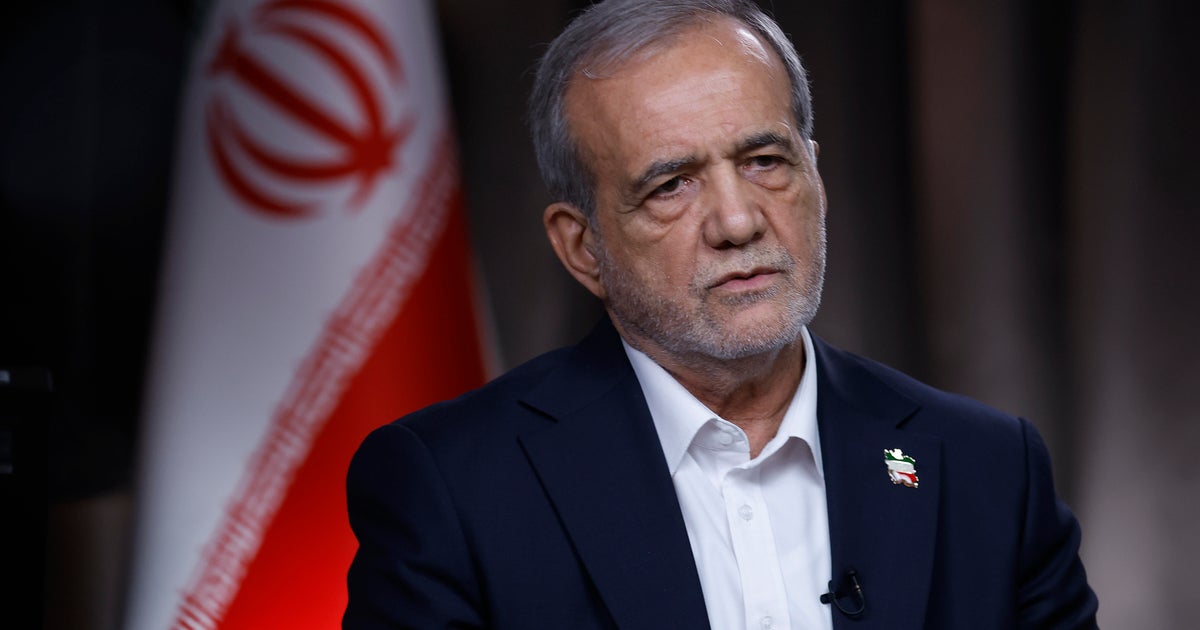
Jane Goodall, a towering figure in environmental conservation and one of the most influential voices for nature in our time, has passed away at the age of 91. Even in her final days, Goodall remained steadfast in her mission, traveling across the country to deliver an urgent message about the interconnectedness of humanity and the natural world.
Goodall, whose groundbreaking research transformed our understanding of chimpanzees and animal intelligence, was actively sharing her insights just last week during New York City Climate Week. Her message was one of clarity and urgency, emphasizing the critical relationship between humans and the environment.
“Nowadays, it seems that everyone is so engrossed in technology that we forget we are part of the natural world—we are animals, just like all the others,” Goodall remarked at the Forbes Sustainability Leaders Summit in New York City. She reminded us that our very survival hinges on the health of the planet, stating, “We depend on it for clean air, water, food, clothing—everything.”
Yet, she lamented, “we’re destroying the planet.”
In conversations with media outlets including the Wall Street Journal, Goodall highlighted a dangerous mindset prevalent in society: the belief that economic development must take precedence over environmental protection. She warned that our planet’s resources are finite, and the reckless exploitation of those resources could lead to our own extinction. “Humans are not exempt from extinction,” she asserted during an episode of the WSJ podcast, The Journal.
One of the most poignant reflections from her recent interviews was her critique of human intelligence. “While we may be the most ‘intellectual animals’ to ever walk the Earth, we’re not intelligent,” Goodall stated, urging us to reconsider our actions. “Intelligent creatures don’t destroy their only home.”
Despite the dire warnings, Goodall remained hopeful, arguing that our intellect also offers a pathway to salvation. She pointed to solutions that could allow us to live more harmoniously with nature, such as renewable energy and plant-based diets. “We know what’s killing the planet: industrial agriculture, including livestock, and the burning of fossil fuels,” she explained.
In her final remarks, Goodall underscored the urgency of our situation. “We have a window of time,” she said. “But it’s not a very big window. If we don’t change the way we do things, the way we develop economically, then it will be too late.”
As we honor the legacy of Jane Goodall, we are reminded that her life’s work was not just about studying chimpanzees; it was about advocating for a sustainable future for all living beings. Her message is a clarion call for immediate action to protect our planet for generations to come, urging us not to wait until it is too late.


